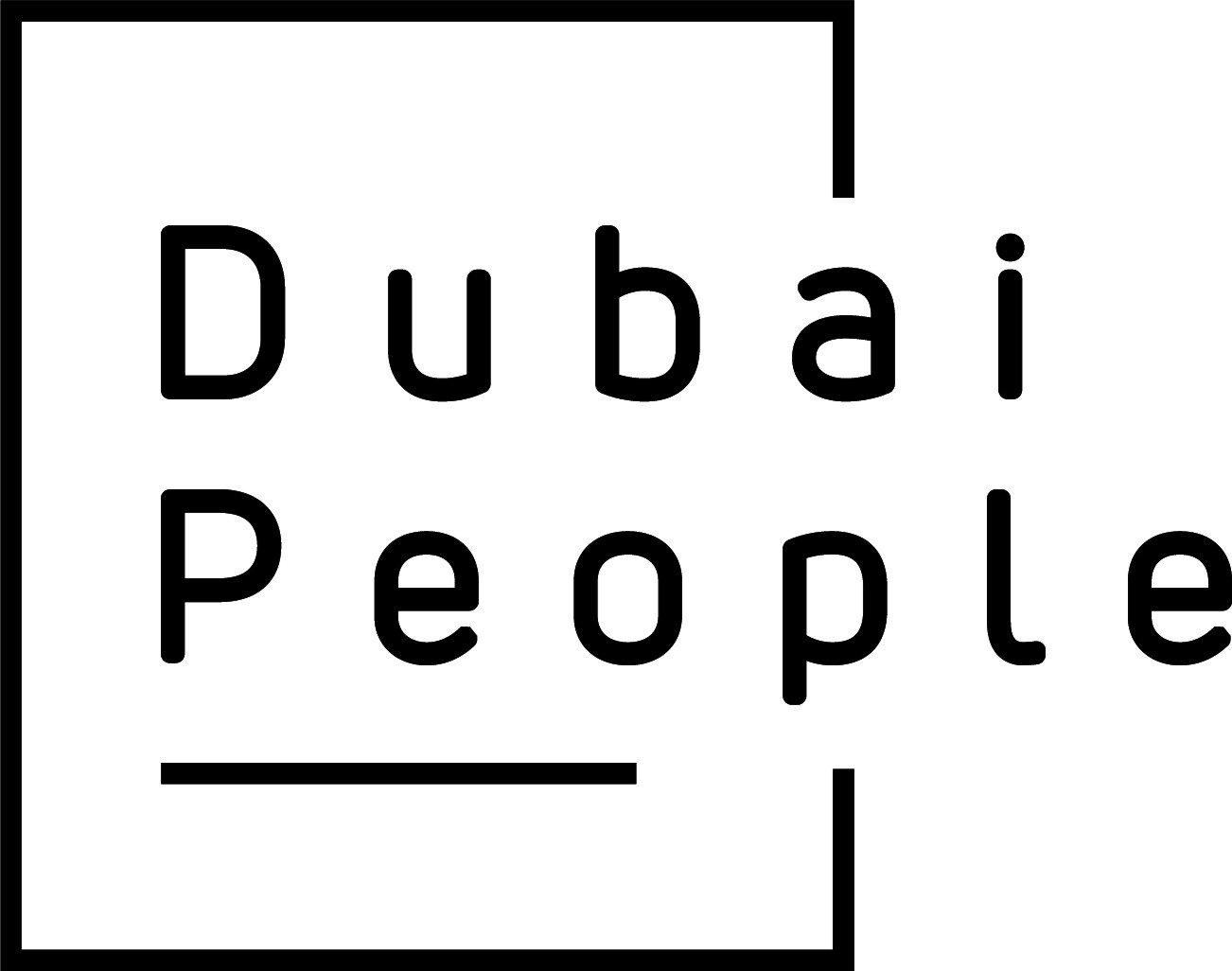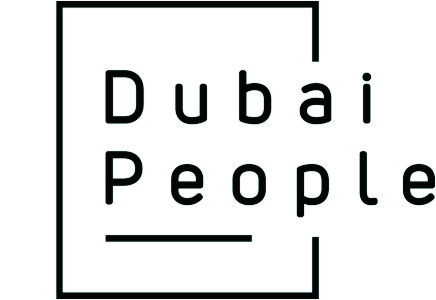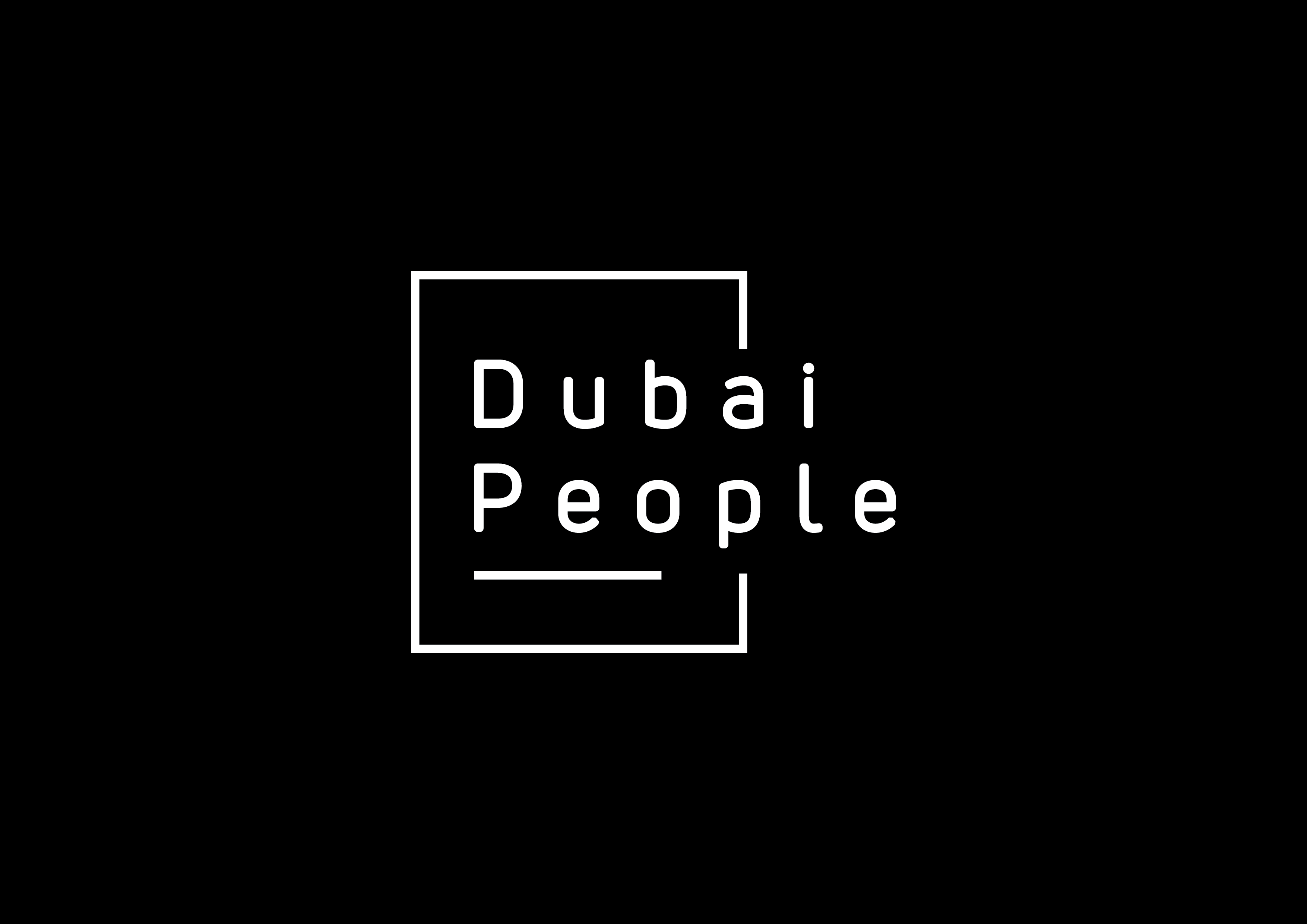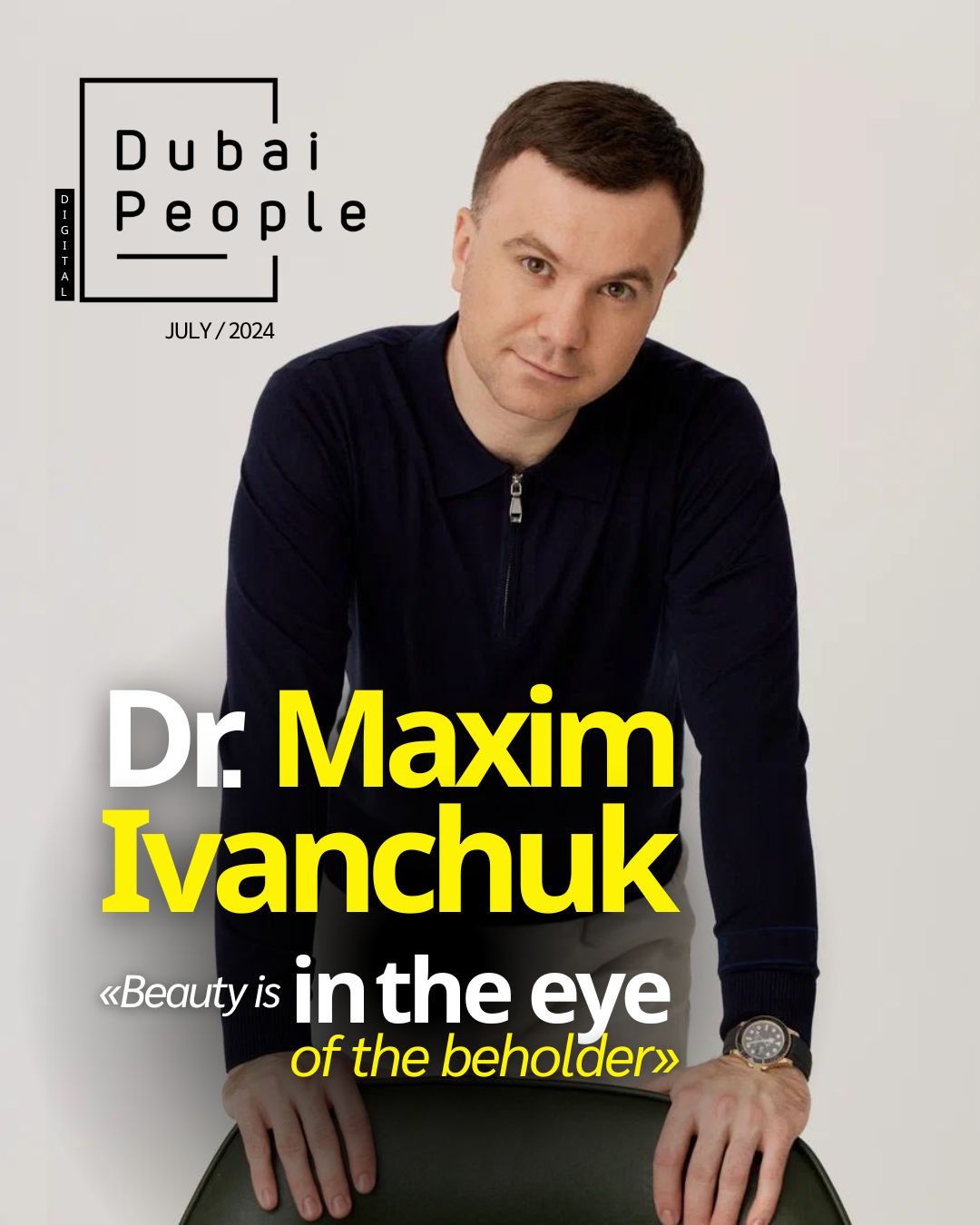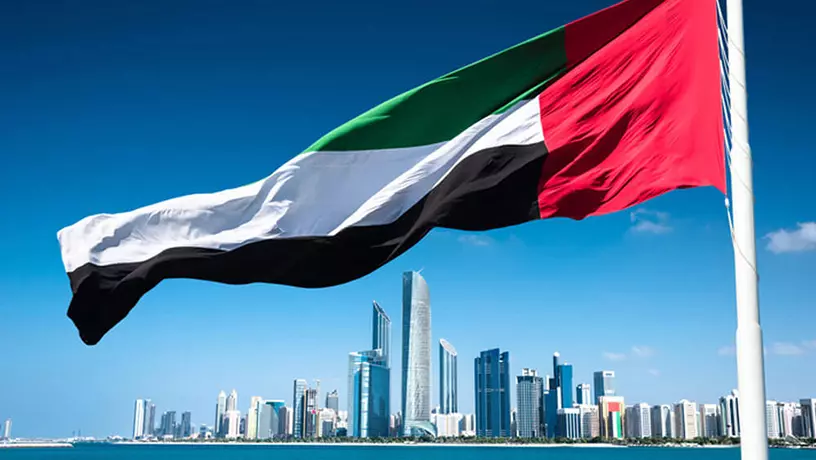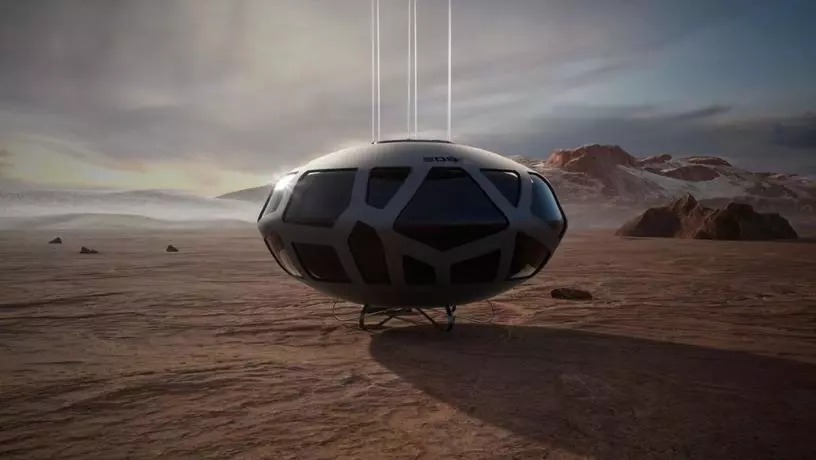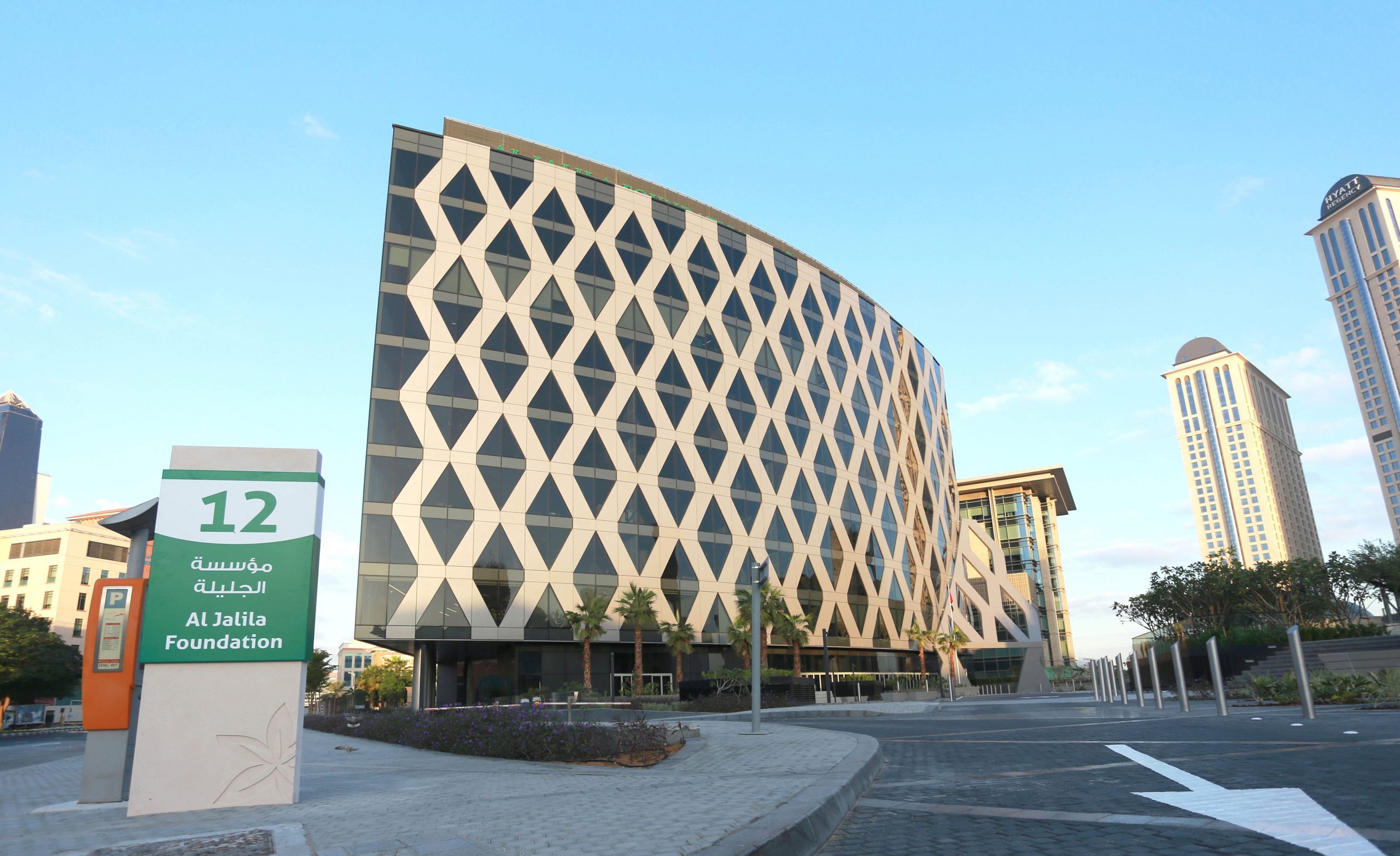
First robotic biobank to open in Dubai
Al Jalila Foundation, a member of Mohammed Bin Rashid Al Maktoum Global Initiatives, has announced the creation of the UAE’s first robotic biobank in partnership with Mohammed Bin Rashid University of Medicine and Health Sciences (MBRU) and Dubai Health Authority (DHA). The collaboration aims to promote medical research into genetic disorders, cancer and other chronic diseases and pandemics.
The robotic biobank, which will open in 2023 and will hold seven million samples, will be one of the largest in the world in terms of number of samples. The facility will be located at the Mohammed Bin Rashid Institute of Medical Research, part of the Al Jalila Foundation, in Dubai Health City.
Due to the vital role that biobanks play in advancing research and medical discovery, the biobank will be an indispensable resource for the new Hamdan Bin Rashid Cancer Hospital Charity and other medical facilities in the UAE to conduct research and provide effective treatment.
His Highness Sheikh Ahmed Bin Saeed Al Maktoum, chairman of the Al Jalila Foundation board of trustees, said: “Access to genetic and imaging data through biobanks is helping to develop innovative approaches to analysis that would not have been possible just a few years ago. The launch of the UAE’s first robotic biobank reflects Dubai’s commitment to strengthening health sector capabilities and advancing efforts to improve human health.” The biobank will make a major contribution to the development of modern medicine and enable scientific discoveries that will help improve the health and well-being of society.”
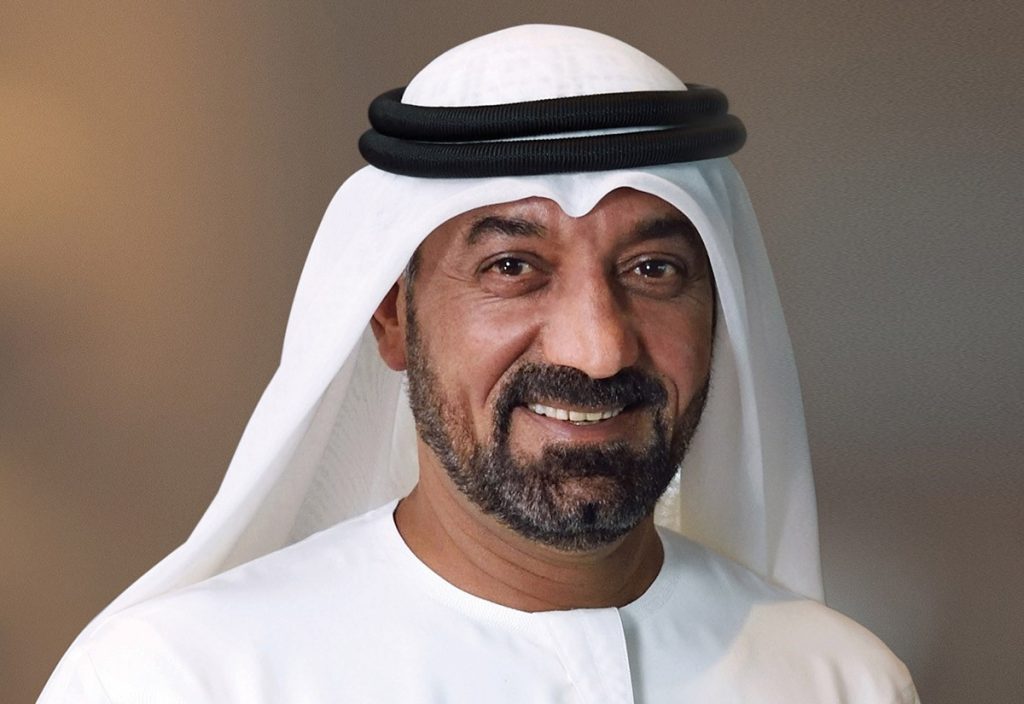
A biobank is a repository for all kinds of human biological samples, such as blood, tissue, cells or body fluids. It also stores sample-related data and other biomolecular resources that can be used in medical research. Biobanks have become an important resource in medical research, supporting many types of modern research, such as genomics and personalised medicine, as well as the development of diagnostic and therapeutic tools.
Her Excellency Dr Raja Iza Al Gurg, chairman and member of the board of trustees of the Al Jalila Foundation, said: “Biobanking is a game changer in healthcare and will revolutionise medical research, leading to improved patient outcomes. Biobanking will enable people from local communities and researchers to work together to build a better, healthier future for future generations. Scientific progress will shape the country’s economy by influencing our knowledge of human health, disease, therapies, personalised medicine and more.”
The Al Jalila Foundation is investing AED 17 million to build a state-of-the-art facility that will manage seven million human biological materials. An automated robotic system based on artificial intelligence will ensure the preservation of biological samples in cryogenic storage (below 80 degrees Celsius), maintaining proper sample integrity and retrieval.
Dr Abdulkarim Sultan Al Olama, director general of Al Jalila Foundation, said: “Biorepositories are places where patient samples can be stored and really serve as a hub for collaboration between scientists to conduct population health research or study cohorts of patients with certain diseases, and to find better therapeutic and diagnostic tools to treat patients and save lives.
Patient confidentiality will be a priority under UAE laws and regulations. Biological and medical data will be used by scientists for research to make new discoveries about common and life-threatening diseases, such as cancer, heart disease and stroke, to improve public health.
The UAE’s diverse population will provide a valuable platform for comparative research on genetic, environmental, dietary habits and behavioural aspects. Biobanks can give researchers access to data representing large numbers of people. Samples in biobanks and the data obtained from these samples can often be used by multiple researchers for multipurpose studies.
The UAE’s first robotic biobank will attract opportunities for strategic collaboration with key health authorities and partners in the region and around the world.
It will operate according to best practices in biobanking and adhere to the highest regulatory requirements and ethical standards for the collection, processing, storage and analysis of biological samples and data for research on genetic and environmental factors affecting human health and disease.
.@aljalilauae to establish the #UAE’s first robotic biobank, in partnership with @MBRUniversity and @DHA_Dubai, to advance medical research in the areas of genetic disorders, cancer &other chronic diseases and pandemics. #Dubai https://t.co/Zb8iOGpCIf pic.twitter.com/vMvr6PnvlA
— Dubai Media Office (@DXBMediaOffice) April 28, 2022
Follow our Telegram Chanel


